“You get infected with the entrepreneurial spirit working here.”
So starts off my conversation with Mike Utz, Director of Engineering at Boulevard Brewing Company in Kansas City. As with my other interviews of craft brewers, the themes of avoided waste, dedication to quality and a strong industry camaraderie that defies traditional competition models are all well-represented here, too. Yet, each craft brewery is unique – much like the products they create. Boulevard Brewing Co. has made a big impact well beyond its neighborhood and beyond mitigating its own impact in the area of recycling glass – the project, called Ripple Glass (more on this below) is a fantastic example of using business acumen to solve an environmental problem that in turn becomes a new input resource. It is called the circular economy, and it was great to learn about it up close.
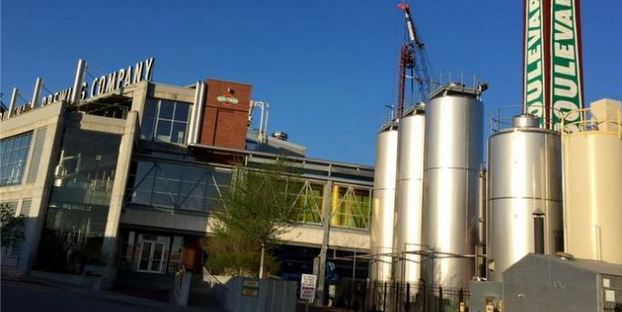
CBB: What does sustainability mean to you?
Mike Utz: If a thing is sustainable, that means it lasts. How do you put that into action? Resource management and efficiency – making sure we get the most out of the inputs we buy and the people that we employ.
CBB: Do you see the craft brewing industry as having a special connection to sustainability?
Utz: Most craft breweries are small businesses like us – so resource efficiency is almost a requirement because you can’t survive by having a lot of waste. It’s not as if big companies like wasting resources, but there tends to be less urgency around finding and reducing it – so, waste can get hidden and lost track of. If you are not wasting resources, there’s less trash, less impact, less cost. Craft beer is local, so reducing these impacts has an affect you can see.
CBB: Why does this industry have such a strong connection to “local”?
Utz: There are regional taste profiles and preferences that local craft breweries are in tune with and able to take advantage of. For us, wheat beer is one of our No. 1 sellers, and we are located right here in the middle of wheat country so it makes sense.
Julie Weeks, Marketing Communications Manager: From a marketing standpoint, our first focus is local, but we are finding that not only are there craft beer lovers that want to try different beers from all over the country, there is also a phenomenon where people are exposed to something that they experienced as local for part of their life when they lived in the area and then have a nostalgic affect when the beer comes to their market after moving away – so there’s both a local and regional effect.
One of the challenges for beer is that it is a perishable product. Shipping long distances is hard on the product and expensive. We are uniquely positioned in the middle of the country, so it is easier for our beer to go toward both coasts.
Boulevard Brewing is currently being sold in 31 states and Washington DC.
CBB: Adaptive reuse of buildings and materials seems to be common in this industry. Have you engaged in these activities?
Utz: We are sitting in adaptive reuse right now. This building dates back to the early 1900s and was used as the laundry facility for the railroad across the street. Then it became several other businesses before the brewery. John McDonald, Boulevard’s founder, owned the building and started brewing in it. The building’s iconic smokestack was original to the laundry facility.
Most recently, we had to tear down buildings nearby to expand, but we didn’t throw the material away, we reclaimed all the lumber. We created beer flight paddleboards out of the old lumber as well as using it in other parts of the buildings. We like to reuse everything. It also fits with our zero landfill policy.
CBB: You have a zero-waste policy. How do you accomplish that?
Utz: We went to a zero landfill policy in 2010. It was not hard to get people to adopt. The policy has been successful beyond our wildest dreams. We hoped it wouldn’t cost us more to do the right thing; we just hoped to break even. But actually, we flipped the whole model around. Instead of spending $20,000 to deal with waste, we were making $20,000 selling it as recycled material.
We have tours that show other businesses how to go zero-waste. One recent example is a company called Faultless Starch. Six months ago, we gave them a presentation about what we did and how we did it. I just talked to them a few days ago and they are taking on this policy as well. It has changed their culture and moved it in a positive direction.
Our zero landfill policy here at the brewery often filters back to how employees act at home, bringing in waste here when they can’t easily recycle it at home.
(Click “Next” to continue reading the story.)

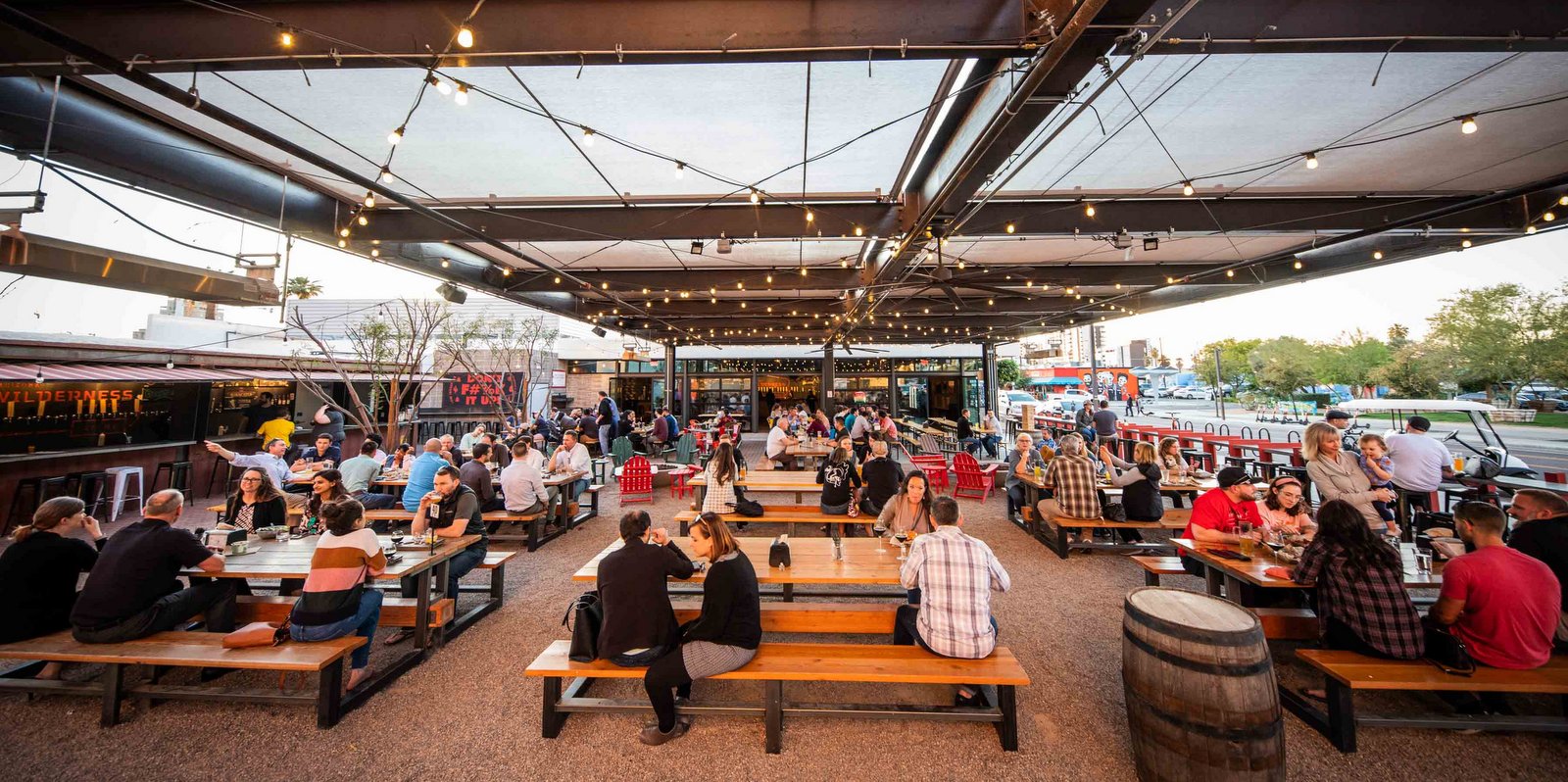
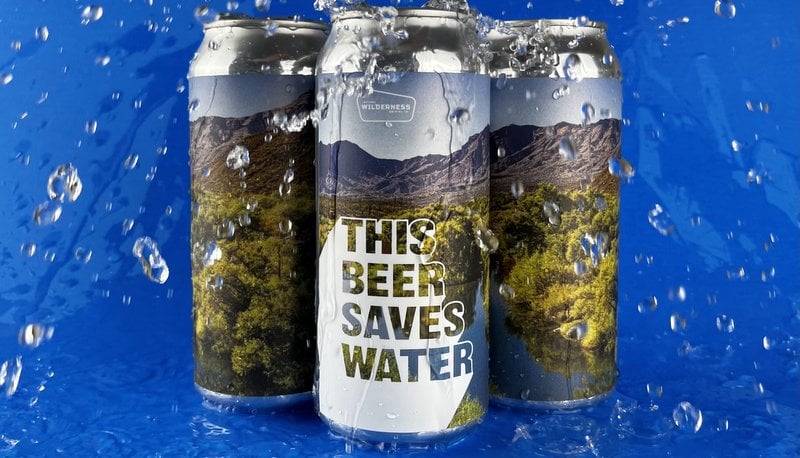
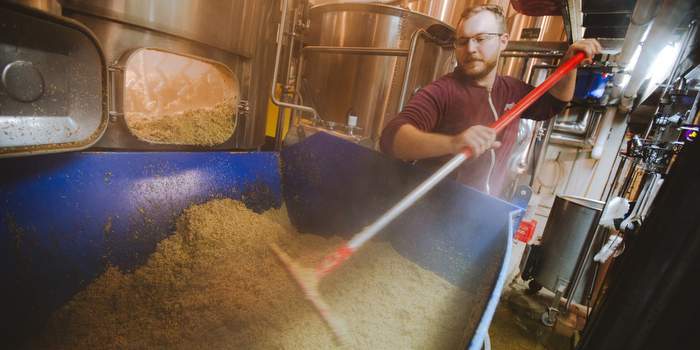
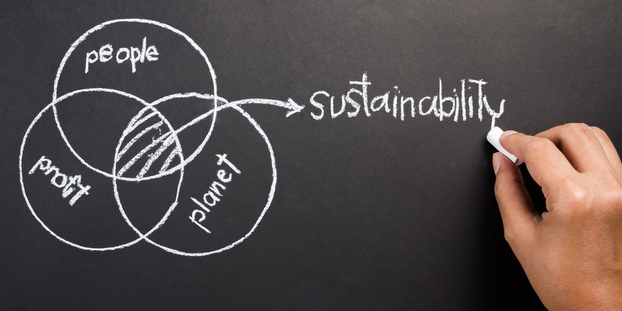
RT @CraftBrewingBiz: Boulevard Brewing talks about its zero waste company mission & more http://t.co/hyWgCN3tuP @Boulevard_Beer @kcoeisom
@CraftBrewingBiz reports: Boulevard Brewing talks about its zero waste company mission: http://t.co/dzufw7h2gi Good work @Boulevard_Beer!!!
RT @CraftBrewingBiz: Boulevard Brewing talks about its zero waste company mission & more http://t.co/hyWgCN3tuP @Boulevard_Beer @kcoeisom
RT @CraftBrewingBiz: Boulevard Brewing talks about its zero waste company mission & more http://t.co/hyWgCN3tuP @Boulevard_Beer @kcoeisom
RT @CraftBrewingBiz: Boulevard Brewing talks about its zero waste company mission & more http://t.co/hyWgCN3tuP @Boulevard_Beer @kcoeisom
RT @CraftBrewingBiz: Boulevard Brewing talks about its zero waste company mission & more http://t.co/hyWgCN3tuP @Boulevard_Beer @kcoeisom